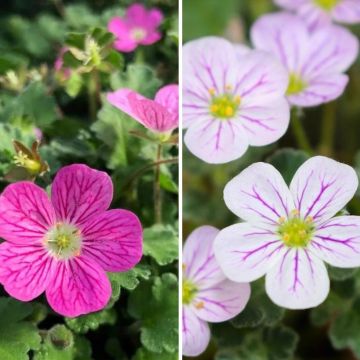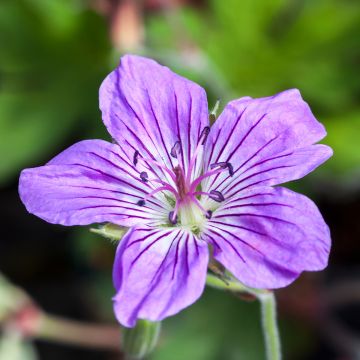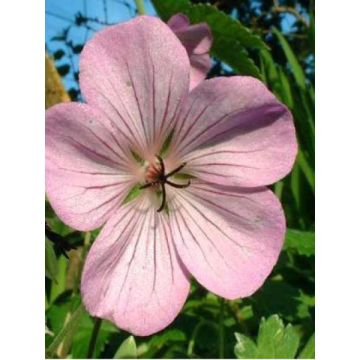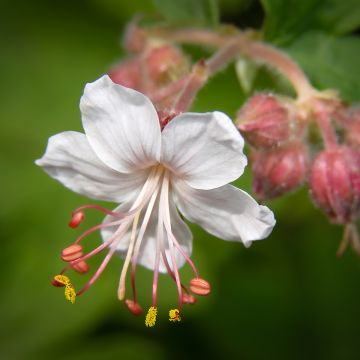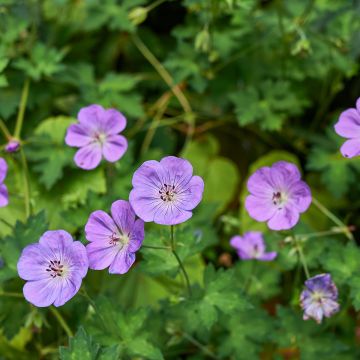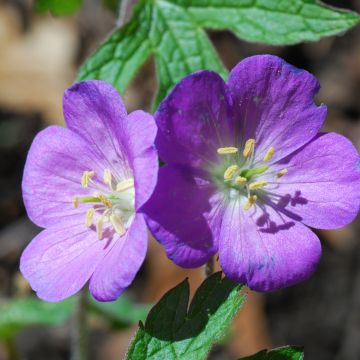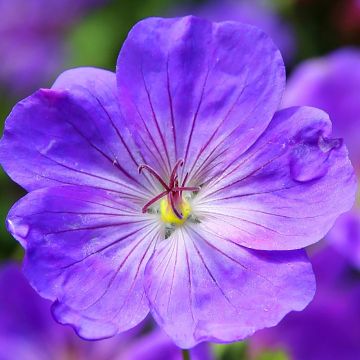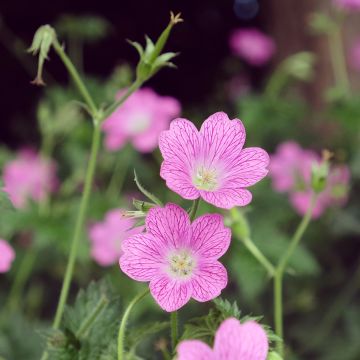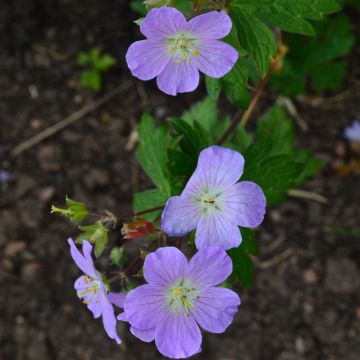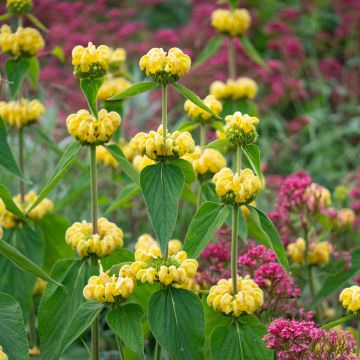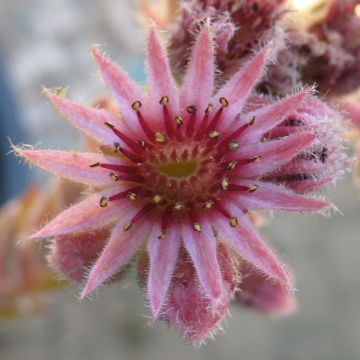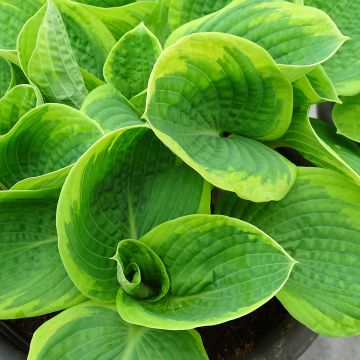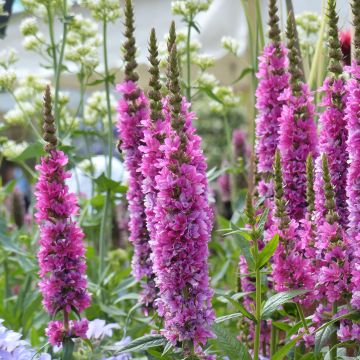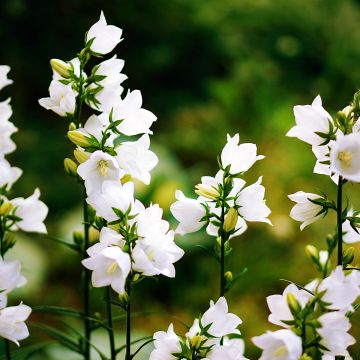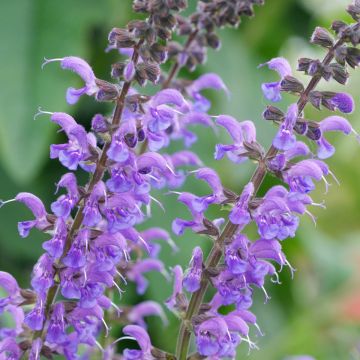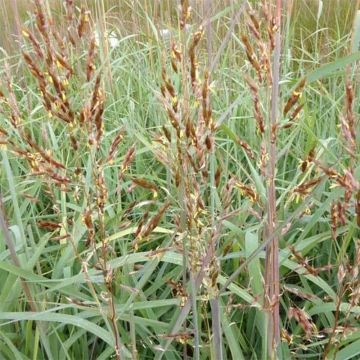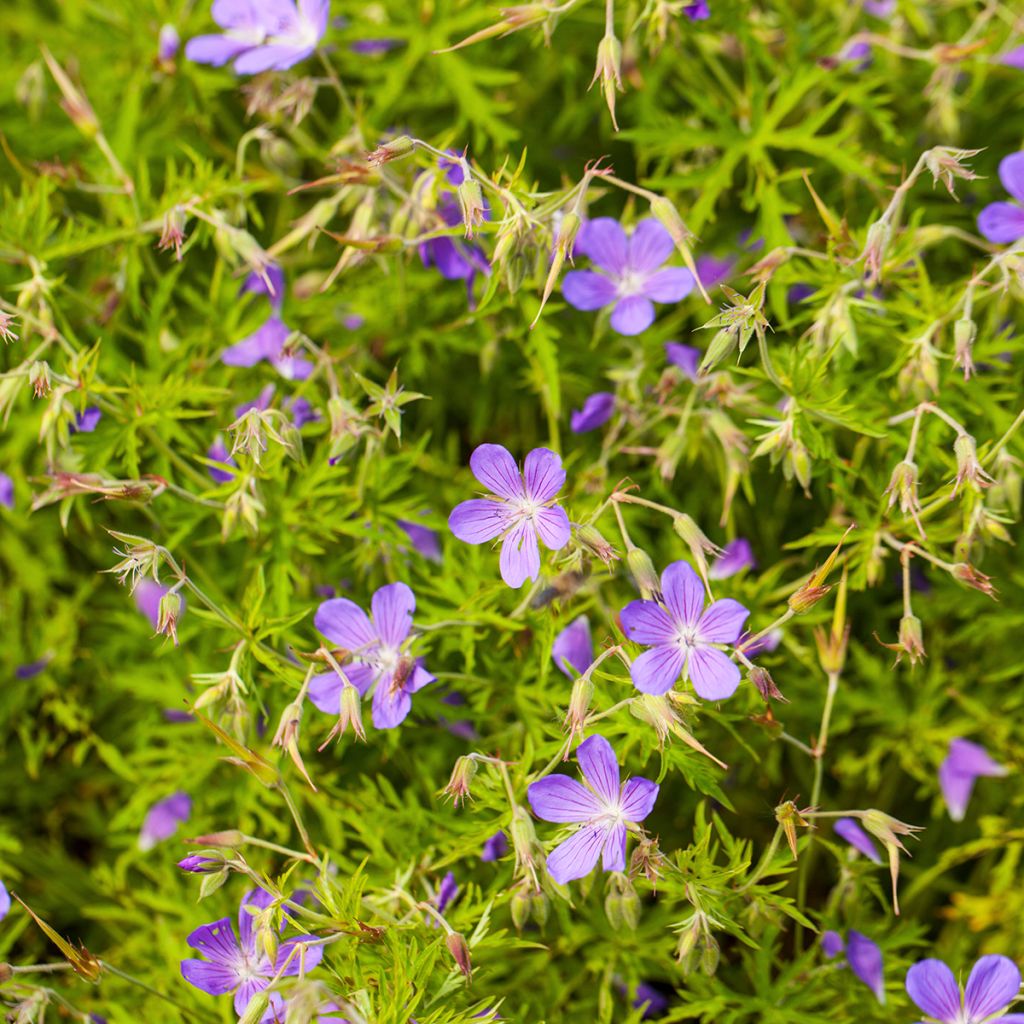

Geranium Nimbus
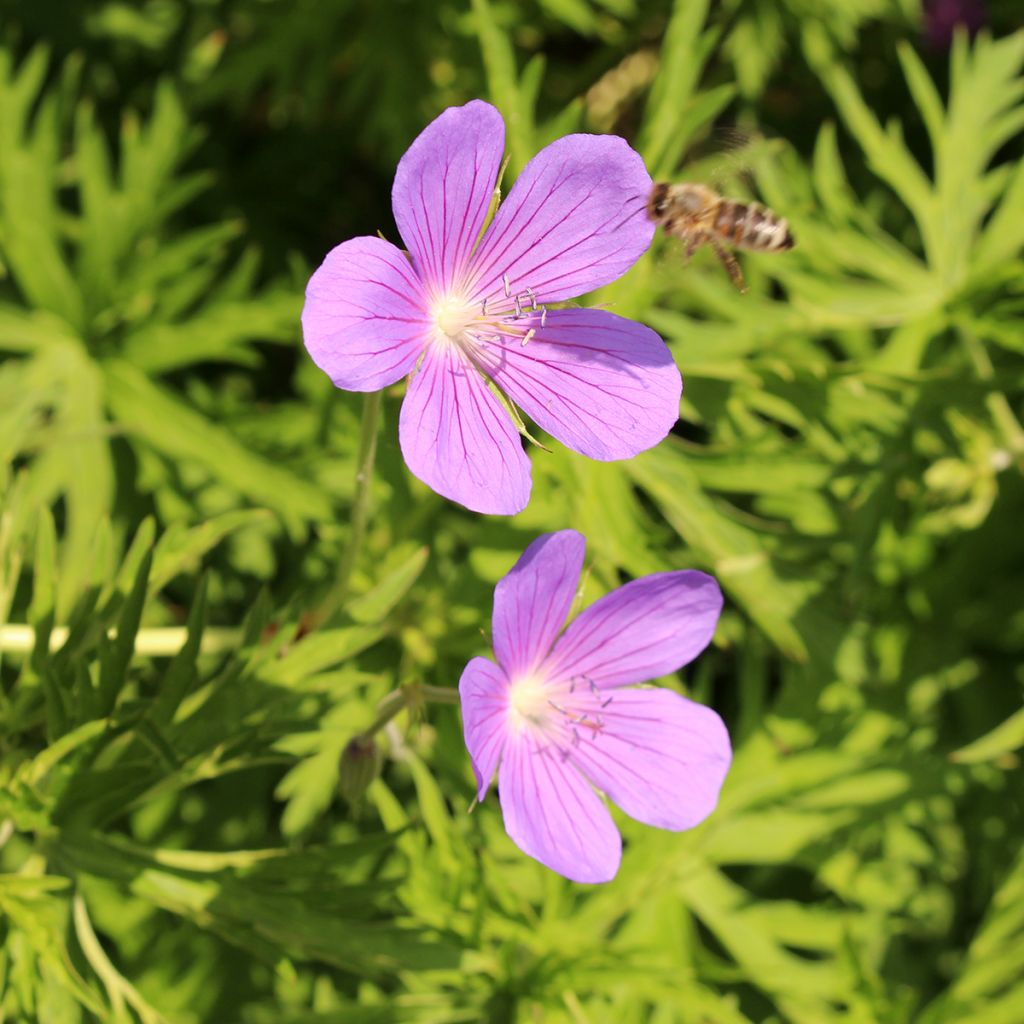

Geranium Nimbus
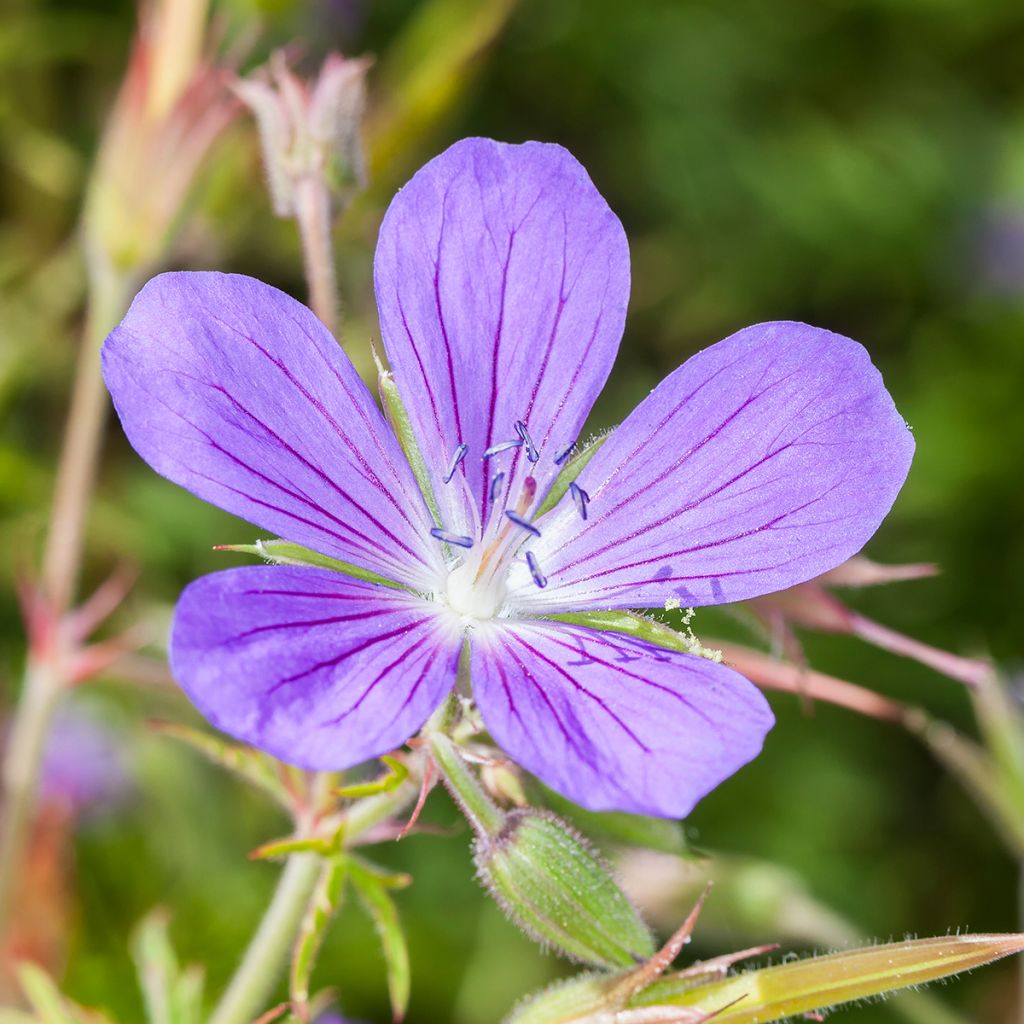

Geranium Nimbus
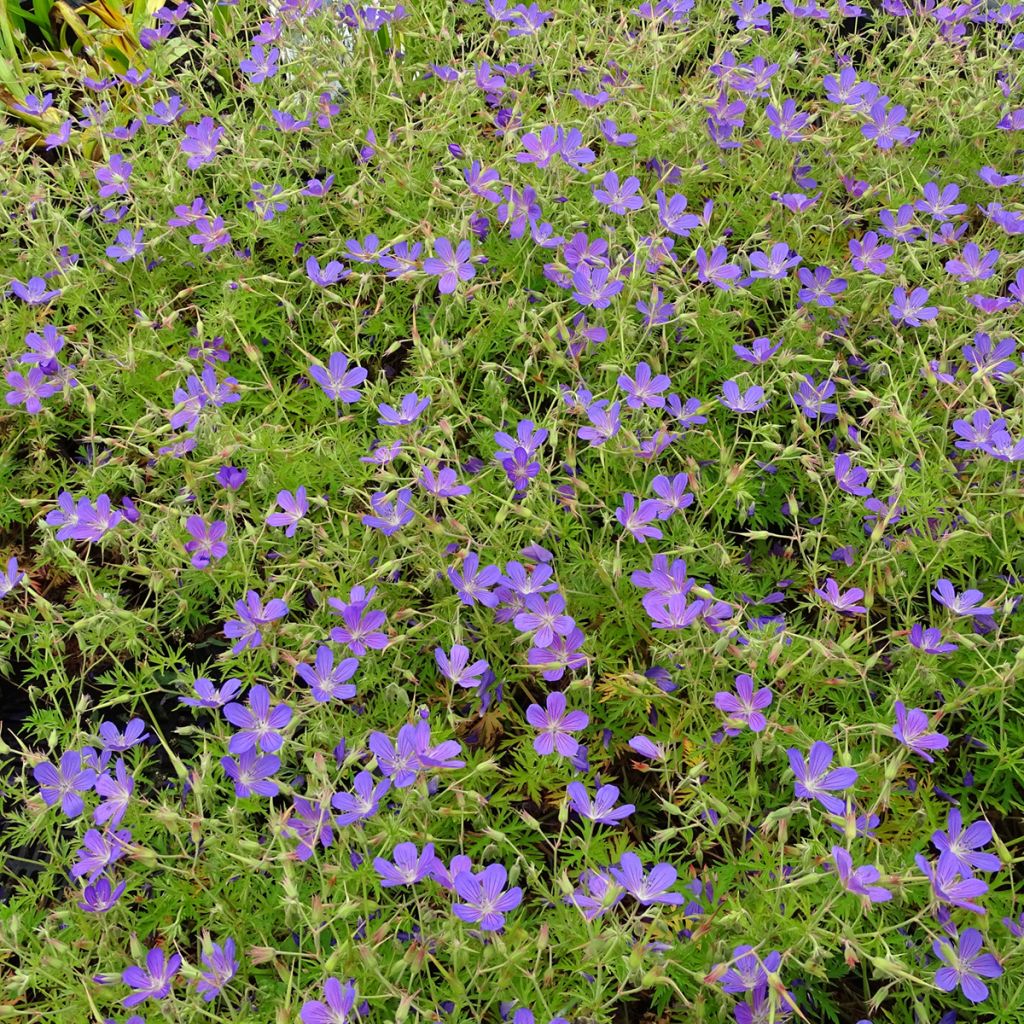

Geranium Nimbus
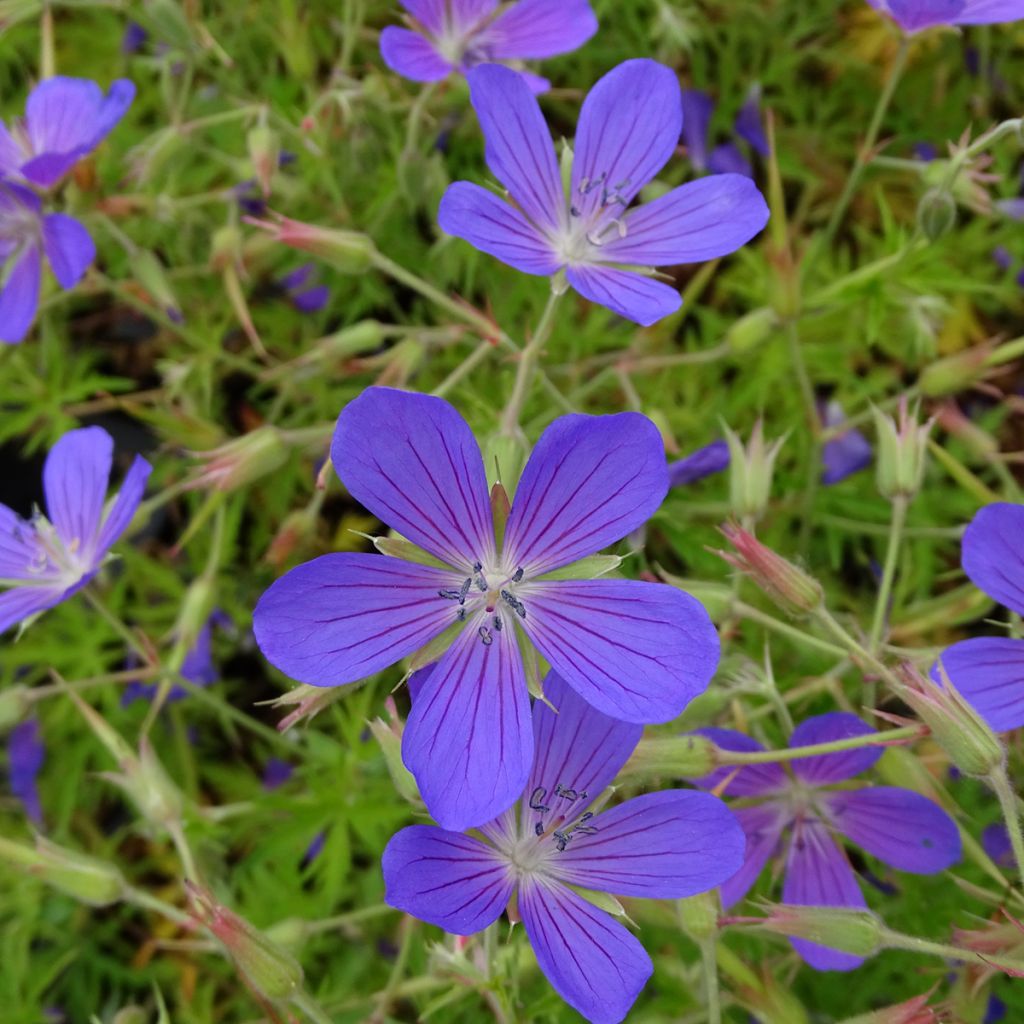

Geranium Nimbus
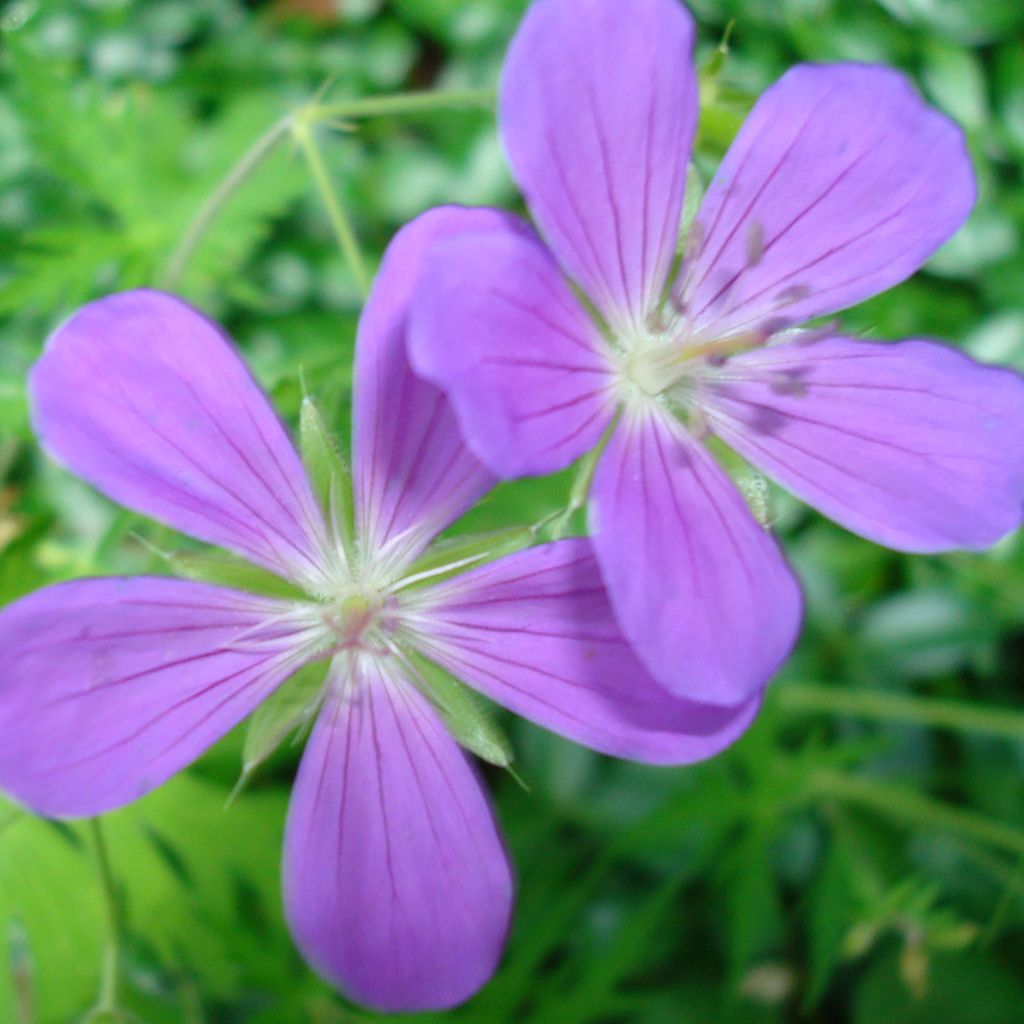

Geranium Nimbus
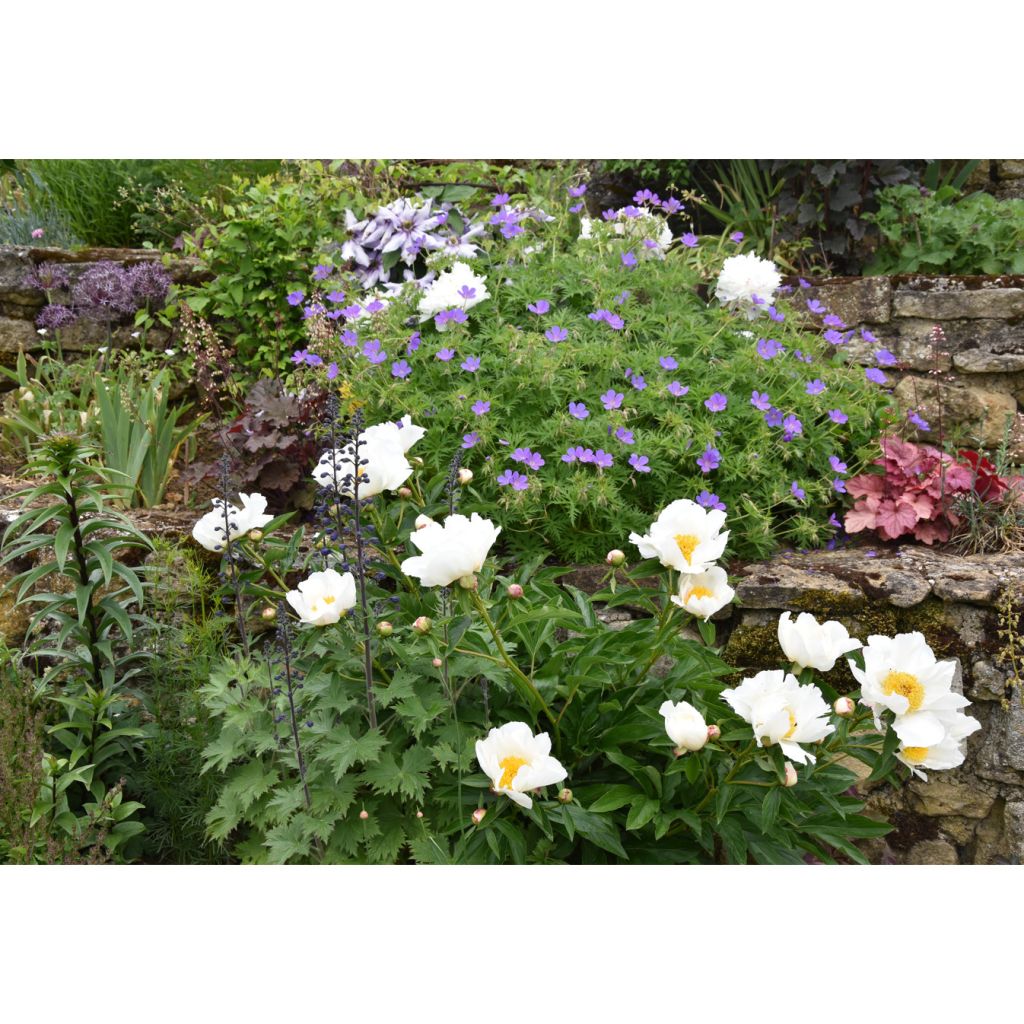

Geranium Nimbus
Geranium Nimbus
Geranium x collinum Nimbus
Cranesbill, Storksbill, Hardy Geranium
Nice little young plants. Sturdy packaging.
Fred, 08/10/2025
Special offer!
Receive a €20 voucher for any order over €90 (excluding delivery costs, credit notes, and plastic-free options)!
1- Add your favorite plants to your cart.
2- Once you have reached €90, confirm your order (you can even choose the delivery date!).
3- As soon as your order is shipped, you will receive an email containing your voucher code, valid for 3 months (90 days).
Your voucher is unique and can only be used once, for any order with a minimum value of €20, excluding delivery costs.
Can be combined with other current offers, non-divisible and non-refundable.
Home or relay delivery (depending on size and destination)
Schedule delivery date,
and select date in basket
This plant carries a 12 months recovery warranty
More information
We guarantee the quality of our plants for a full growing cycle, and will replace at our expense any plant that fails to recover under normal climatic and planting conditions.


Would this plant suit my garden?
Set up your Plantfit profile →
Description
The 'Nimbus' perennial Geranium is a vigorous and hardy perennial. Johnson's Blue was thought to be perfect, but here comes a newcomer that could steal the show. Even brighter, its pretty lavender-blue flowers veined with purple and with a white centre are also larger, and its habit is taller but just as dense. This hybrid flowers abundantly from late spring, throughout summer, and until September, with a break in August. The foliage forms a spreading clump, which can make a perfect ground cover that turns into lovely warm hues in autumn. Resistant and easy to grow, it will be highly appreciated in borders and edgings, in pots, in good garden soil, always in the sun.
The 'Nimbus' perennial Geranium belongs to the Geraniaceae family. It is a hybrid resulting from the cross-breeding between Geranium collinum (a montane species close to G.pratensis) and the highly floriferous G. clarkei 'Kashmir Purple'. It forms, early in spring, a rounded and spreading bush, 50 cm (20in) high and 60 cm (24in) in diameter. The flowering, intense and generous, starts at the end of May and lasts until September if the weather is not too dry. If the summer is hot and dry, it will pause in August and resume in September. The flowers are numerous, rather wide cups, star-shaped, intense mauve-blue, finely veined with purple, with a small white centre. The foliage is deciduous, light to medium green, deeply cut on red stems. The foliage turns bright orange and red in autumn.
The 'Nimbus' Geranium can be used as a border plant but also at the base of modern roses, where it will bring summer interest, especially to pastel-colored roses, which it will adorn. It is suitable for natural gardens, in woodland areas, in rockeries, as well as in seaside gardens. It can be planted on slopes, but without excessive dryness, or it can border a flower bed along with easy-to-grow perennials: Gaura lindheimerii, Nepeta 'Six Hill Giant', heucheras, and Phlox paniculata. On the terrace, it grows very well in pots.
Report an error about the product description
Geranium Nimbus in pictures
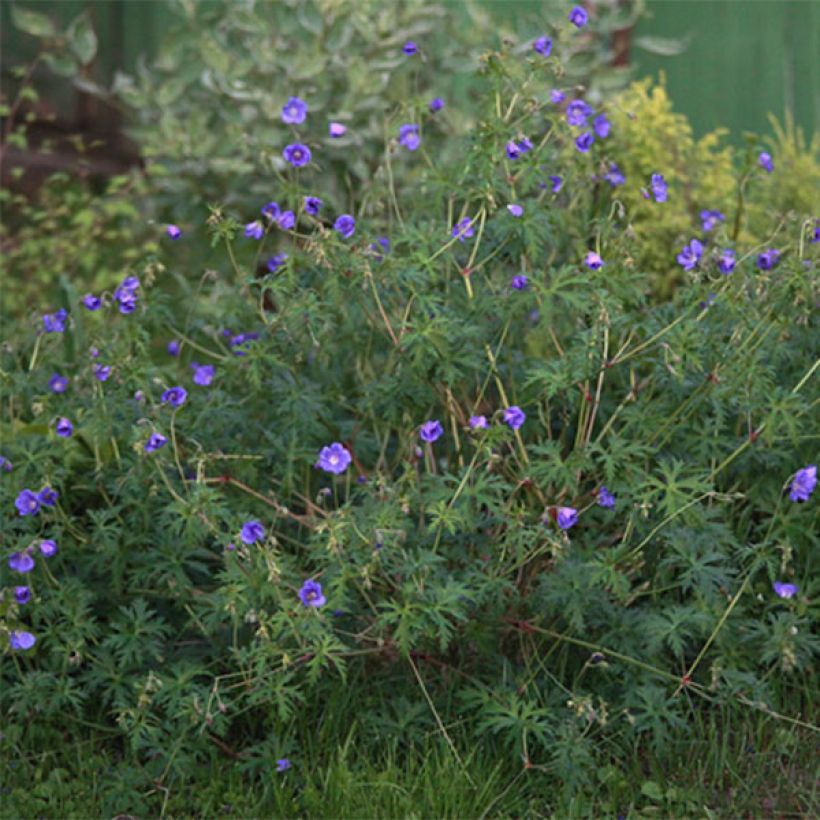

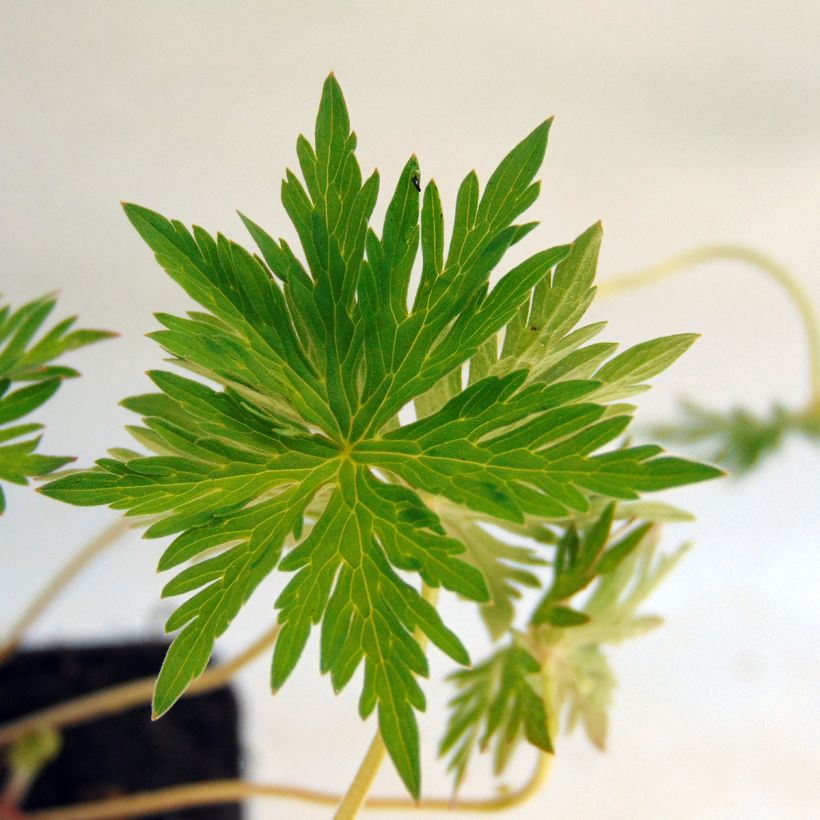

Flowering
Foliage
Plant habit
Botanical data
Geranium
x collinum
Nimbus
Geraniaceae
Cranesbill, Storksbill, Hardy Geranium
Cultivar or hybrid
Other Hardy Geranium - Cranesbill
View all →Planting and care
The perennial geranium 'Nimbus' prefers a sunny exposure, but it tolerates partial shade. Install it in a fertile, well-drained soil that remains moist, even if it is chalky, acidic, or clayey. To plant this perennial, work your soil to a depth of 20 cm (8in), crumble the soil well, and place a bottom amendment such as dried blood or dehydrated horn in the planting hole. Position your plant, freed from its pot, covering the top of the root ball with 3 cm (1in) of soil, backfill, and water copiously to eliminate air pockets. In dry weather, it is necessary to water regularly for a few weeks to facilitate rooting.
Planting period
Intended location
Care
-
, onOrder confirmed
Reply from on Promesse de fleurs
Similar products
Haven't found what you were looking for?
Hardiness is the lowest winter temperature a plant can endure without suffering serious damage or even dying. However, hardiness is affected by location (a sheltered area, such as a patio), protection (winter cover) and soil type (hardiness is improved by well-drained soil).

Photo Sharing Terms & Conditions
In order to encourage gardeners to interact and share their experiences, Promesse de fleurs offers various media enabling content to be uploaded onto its Site - in particular via the ‘Photo sharing’ module.
The User agrees to refrain from:
- Posting any content that is illegal, prejudicial, insulting, racist, inciteful to hatred, revisionist, contrary to public decency, that infringes on privacy or on the privacy rights of third parties, in particular the publicity rights of persons and goods, intellectual property rights, or the right to privacy.
- Submitting content on behalf of a third party;
- Impersonate the identity of a third party and/or publish any personal information about a third party;
In general, the User undertakes to refrain from any unethical behaviour.
All Content (in particular text, comments, files, images, photos, videos, creative works, etc.), which may be subject to property or intellectual property rights, image or other private rights, shall remain the property of the User, subject to the limited rights granted by the terms of the licence granted by Promesse de fleurs as stated below. Users are at liberty to publish or not to publish such Content on the Site, notably via the ‘Photo Sharing’ facility, and accept that this Content shall be made public and freely accessible, notably on the Internet.
Users further acknowledge, undertake to have ,and guarantee that they hold all necessary rights and permissions to publish such material on the Site, in particular with regard to the legislation in force pertaining to any privacy, property, intellectual property, image, or contractual rights, or rights of any other nature. By publishing such Content on the Site, Users acknowledge accepting full liability as publishers of the Content within the meaning of the law, and grant Promesse de fleurs, free of charge, an inclusive, worldwide licence for the said Content for the entire duration of its publication, including all reproduction, representation, up/downloading, displaying, performing, transmission, and storage rights.
Users also grant permission for their name to be linked to the Content and accept that this link may not always be made available.
By engaging in posting material, Users consent to their Content becoming automatically accessible on the Internet, in particular on other sites and/or blogs and/or web pages of the Promesse de fleurs site, including in particular social pages and the Promesse de fleurs catalogue.
Users may secure the removal of entrusted content free of charge by issuing a simple request via our contact form.
The flowering period indicated on our website applies to countries and regions located in USDA zone 8 (France, the United Kingdom, Ireland, the Netherlands, etc.)
It will vary according to where you live:
- In zones 9 to 10 (Italy, Spain, Greece, etc.), flowering will occur about 2 to 4 weeks earlier.
- In zones 6 to 7 (Germany, Poland, Slovenia, and lower mountainous regions), flowering will be delayed by 2 to 3 weeks.
- In zone 5 (Central Europe, Scandinavia), blooming will be delayed by 3 to 5 weeks.
In temperate climates, pruning of spring-flowering shrubs (forsythia, spireas, etc.) should be done just after flowering.
Pruning of summer-flowering shrubs (Indian Lilac, Perovskia, etc.) can be done in winter or spring.
In cold regions as well as with frost-sensitive plants, avoid pruning too early when severe frosts may still occur.
The planting period indicated on our website applies to countries and regions located in USDA zone 8 (France, United Kingdom, Ireland, Netherlands).
It will vary according to where you live:
- In Mediterranean zones (Marseille, Madrid, Milan, etc.), autumn and winter are the best planting periods.
- In continental zones (Strasbourg, Munich, Vienna, etc.), delay planting by 2 to 3 weeks in spring and bring it forward by 2 to 4 weeks in autumn.
- In mountainous regions (the Alps, Pyrenees, Carpathians, etc.), it is best to plant in late spring (May-June) or late summer (August-September).
The harvesting period indicated on our website applies to countries and regions in USDA zone 8 (France, England, Ireland, the Netherlands).
In colder areas (Scandinavia, Poland, Austria...) fruit and vegetable harvests are likely to be delayed by 3-4 weeks.
In warmer areas (Italy, Spain, Greece, etc.), harvesting will probably take place earlier, depending on weather conditions.
The sowing periods indicated on our website apply to countries and regions within USDA Zone 8 (France, UK, Ireland, Netherlands).
In colder areas (Scandinavia, Poland, Austria...), delay any outdoor sowing by 3-4 weeks, or sow under glass.
In warmer climes (Italy, Spain, Greece, etc.), bring outdoor sowing forward by a few weeks.






























